Governor stories
We travelled across England to meet 32 school governors who shared their governor story with us and learnt that while there’s no one type of school governor, what unites every volunteer is a desire to improve education for children. The #GovernorStories campaign highlights what governance means to each volunteer, and why we’re calling for more people to support their community by becoming a governor.

Vijay, Hatfield
I loved my school days. I’m enjoying them even more now going back as a governor. You don’t realise how challenging and rewarding the role is until you’re in it. People often think I’m too young to be a governor. That’s what I thought too before I read up on the role. You just need to be willing to learn, collaborate and challenge. My background’s in accounting, and as a governor I’ve had the opportunity to develop personally and professionally. I’ve been involved with so much in the school that my day to day role doesn’t entail, such as working with leadership on strategy and sitting on interview panels. It’s rewarding – I’m helping make sure children achieve their full potential, but it’s good for me too.
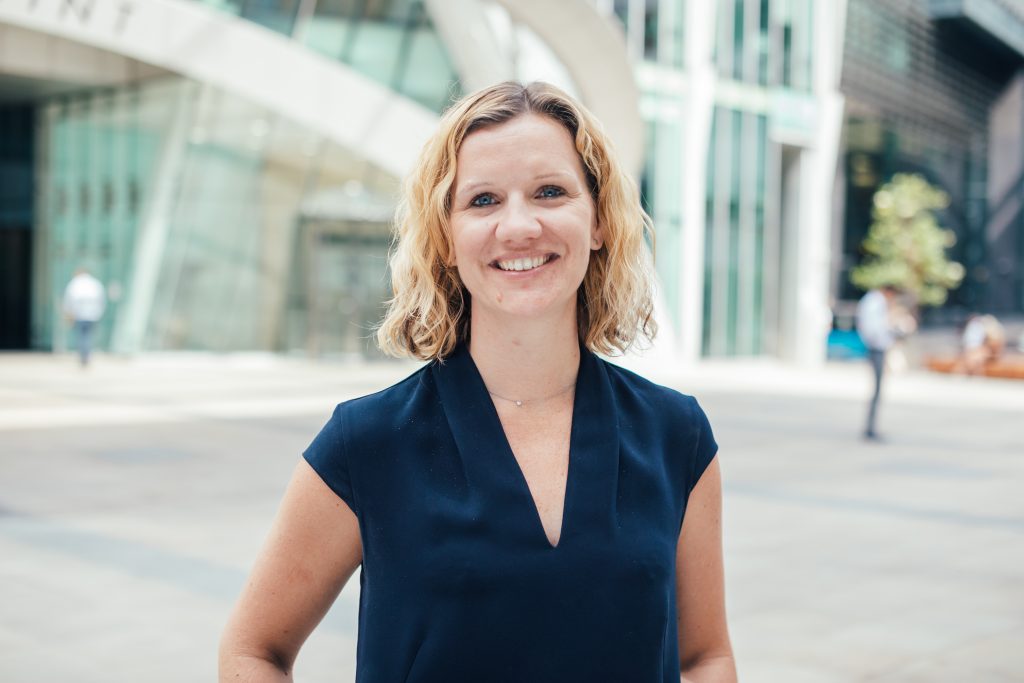
Elinor, London
I always say that my own education was the bedrock of who I am today. That’s partly why I wanted to be a governor – to give back, and to give other children the same opportunities I had. Everyone has to learn how to learn or we’re all going to struggle to exist in today’s society.

Tim, London
I wanted to give back to the community. I’m interested in education and I’ve got two kids at school now so I thought it was an opportunity to learn more about education. It’s also a good way to volunteer the skills I’ve developed working in consulting and regulation. I ask questions about the school leadership and bring different ways of thinking into the governance meetings. The best thing about the role is meeting the kids. They’re so far from the stereotypes of children that are bored and uninterested in learning. They’re fantastic – they’re doing some brilliant things. Schools need a range of experience. Go for it – you don’t need a background in education, to be a parent or in a professional role. There’s real scope to make a big difference, especially at the moment.

John, Maidstone
I used to live in Australia and I sat on a few boards over there – I always found it quite straightforward. I thought I could do the same when I moved back here. I’m an accountant and the question of finance and funding is always a big one for schools, so my background’s very useful for that side of things. Everyone talks about how important education is but not everyone does something about it. As a governor, you can support children by helping schools where you’re needed. I have the time, I have some of the expertise, so to me, it just made sense. Get involved – it’s a great job.
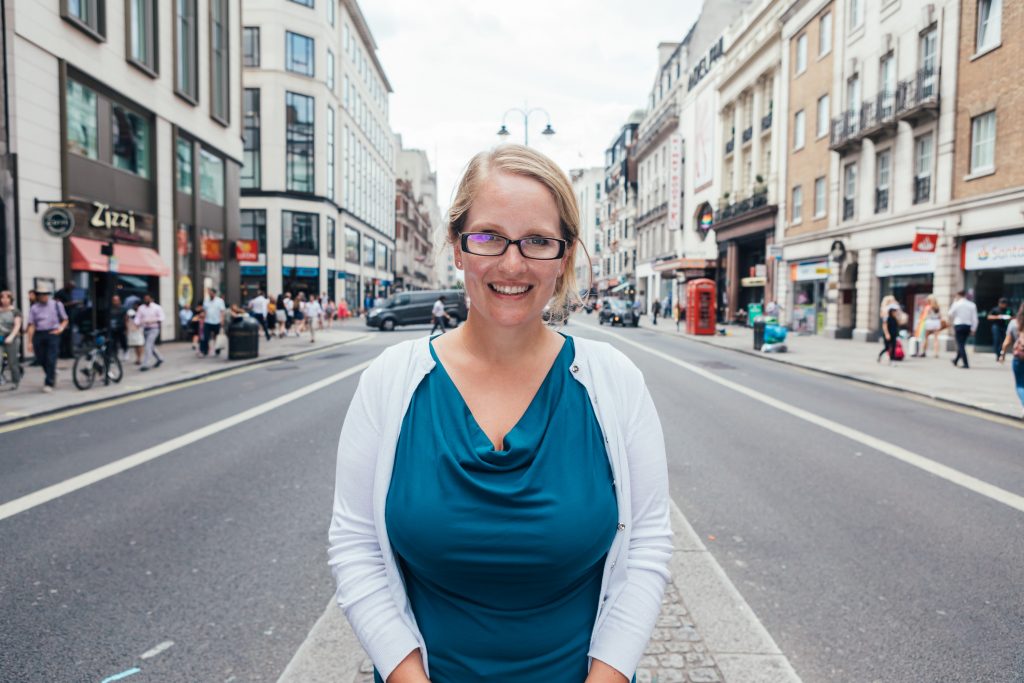
Lizzie, Henley
Education’s important – it gives you the academic, practical and creative tools to question and engage with what the world’s all about. To have an impact on the next generation is something of great value, and I wanted to be involved in that. I already work in education but I became a school governor because I felt that my expertise was useful in challenging our schools to provide the very best education to our children – I wanted to make a tangible impact. I bring my management and leadership experience to the board and use the expertise I’ve gained at work to help children get a good education.
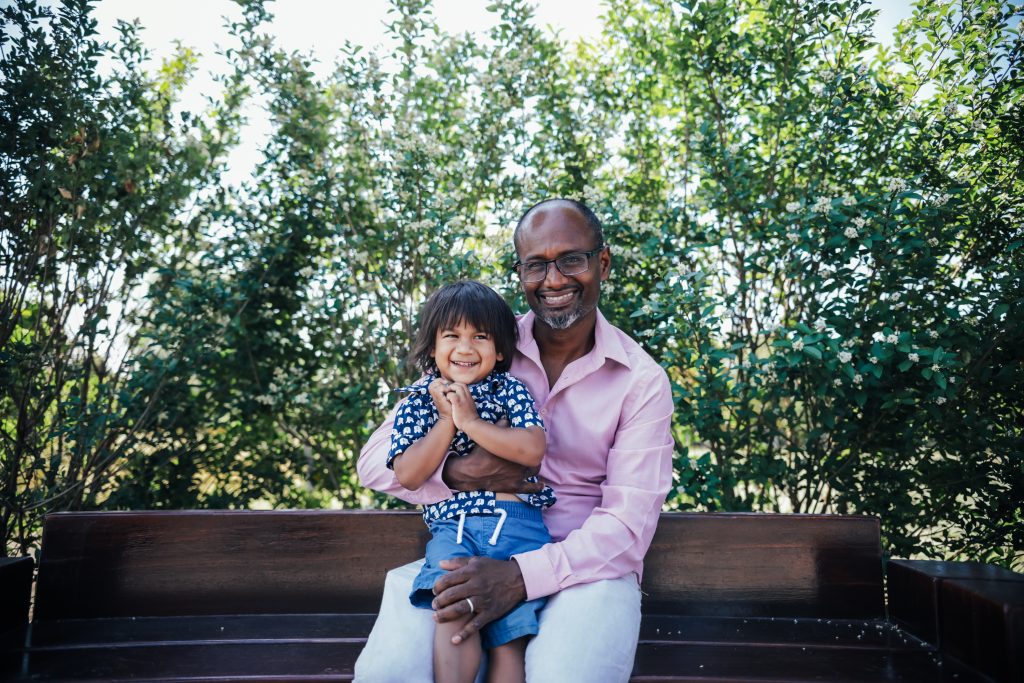
Shelly, Chingford
I remember going to a governor meeting, cycling all the way from Islington to Enfield. And I was thinking, you know what, I could really really do without this. I could do with being at home. But then you think about the bigger picture. There are 900 young children that I could make a difference to. And then you remember why you got involved to begin with. Become a governor because you fundamentally care about the community and the children that are coming up into our future. Solutions can’t happen in isolation. They have to happen with everyone taking responsibility, with the head and the governors from different backgrounds working together. Being a governor is good for your resilience. It’s good for your wellbeing, it’s good for your existence.
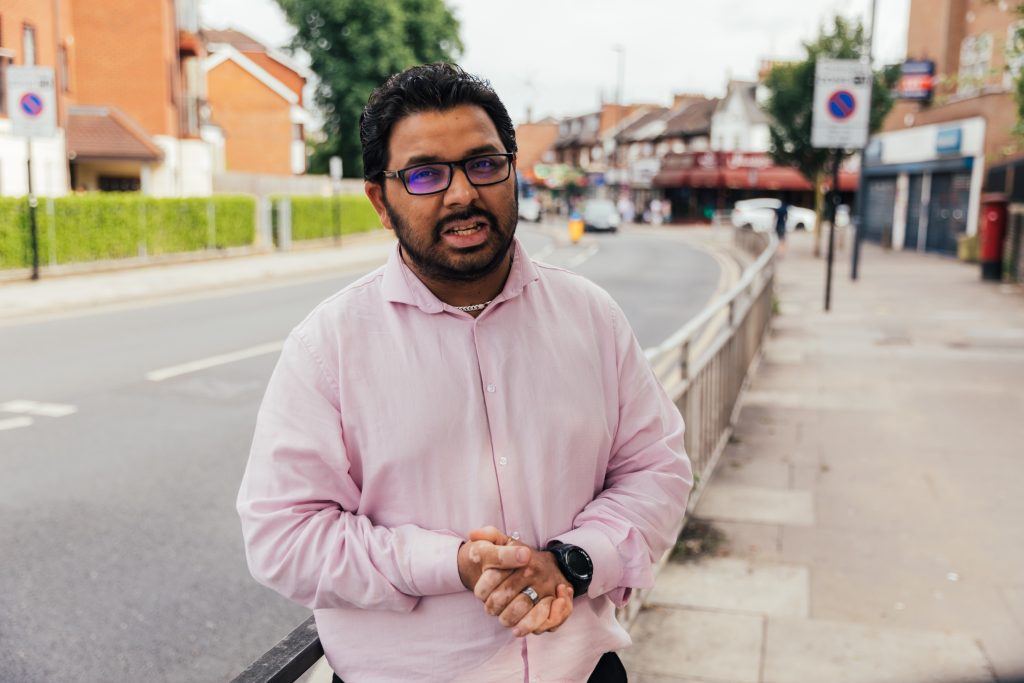
Abbas, Harrow and Wealdstone
I’m originally from East Africa but I’ve been in the UK for the last 10 years. As an accountant, my education was vital in getting me to where I am today. My children are at school now and I wanted to find out more about how the education system here works, and how schools operate. So I became a governor. I feel a sense of accomplishment when I think about being a governor. It’s nice to know I’m helping out in my community. I went in with an open mind – at first it’s daunting to think about holding a headteacher to account, but it’s a worthwhile learning exercise.

Scott, Bristol
Often when I tell people I’m a governor, they’ll ask me questions about the role. Lots of people don’t know it’s something you can do if you’re not a parent. I hope that by answering their questions and giving reassurance, I can encourage people to volunteer their skills. Governing boards need people from all walks of life to give input.
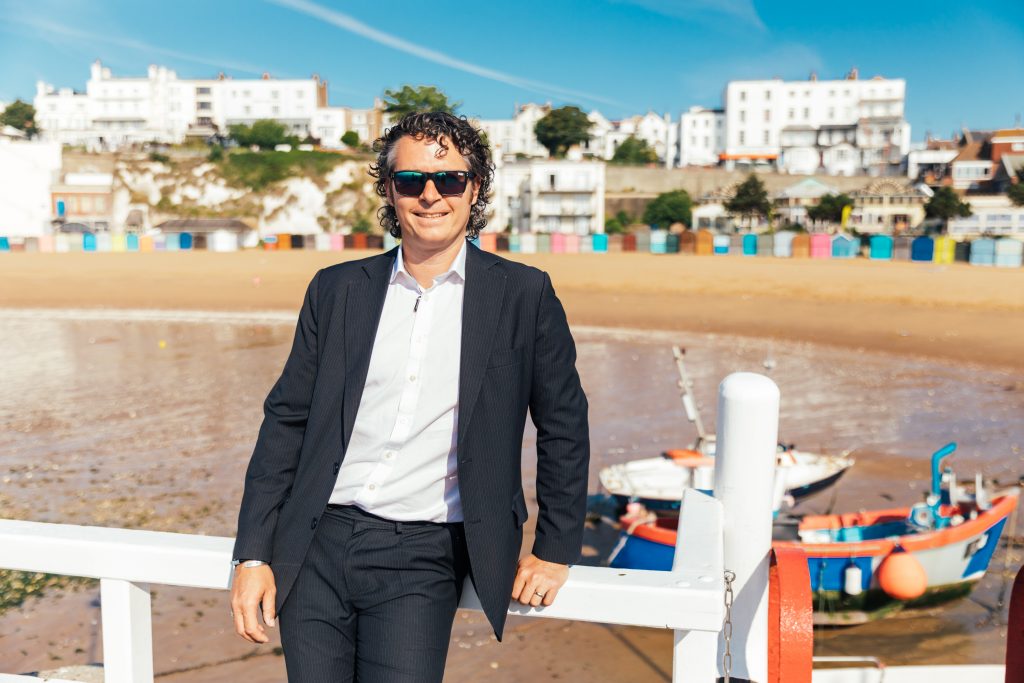
Shane, Broadstairs
For me, being a governor is about pushing schools to be more cost effective and giving children a better experience. Traditionally I think it’s seen as an older person’s role. But bringing in young people with different views and lots of energy is a key part of moving it all forward. I saw it as an opportunity to try and influence education in the local community we share. Broadstairs is stunning, it’s a nice family environment, it’s got fantastic beaches, but it’s a deprived area. I thought I could bring my skillset into local schools. We need to try and influence positive behaviours throughout the school – which hopefully will feed out into the wider community. I bring a commercial aspect to the board. The more we can give young people, the better position they’ll be in when they leave us at 18.
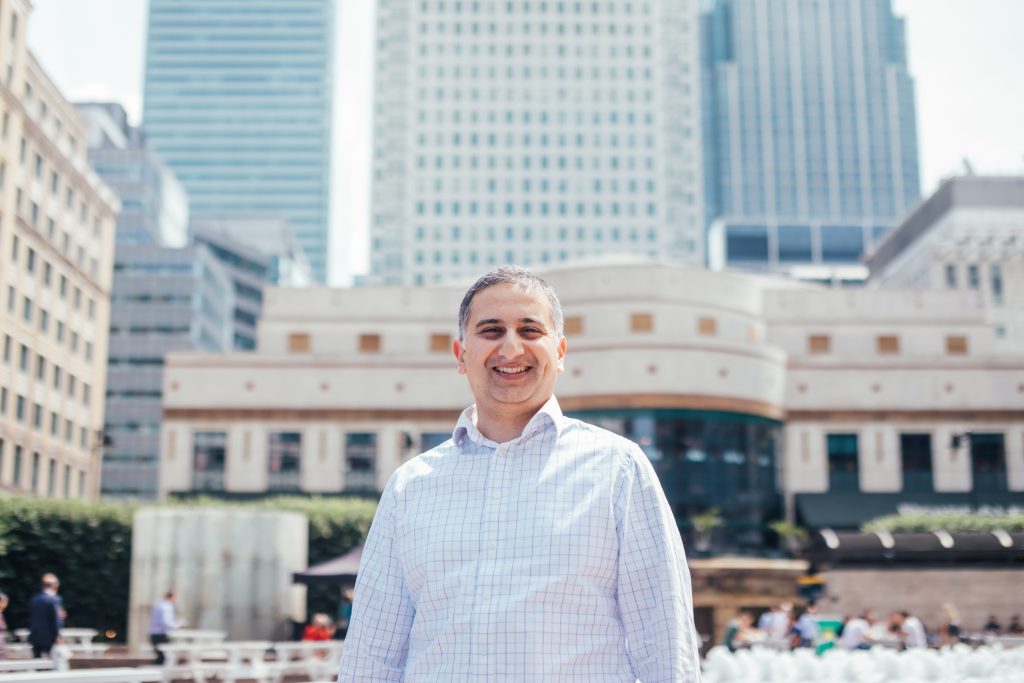
Danish, Watford
My background is in investment and financial risk management. So I’ve undertaken a lot of due diligence in the past. That transitions nicely into my current role as a governor. When people ask me how I feel about being a school governor, I feel very excited and enthusiastic about it. Being in the role brings about a sense of civic duty. Because my daughter’s at the school I govern, it makes it all the more personal. Governors bring external expertise to a school and widen the thought process.

Colin, London
I was the first in my family to get a good education – when my parents came to this country they barely had any education at all. Now that my own children are in school, I want to make a positive difference to not just their futures, but to other children’s too. I think I bring diversity to the governing board, which is important because the school is very diverse and encourages inclusion. That’s a big strength, and it’s one I want to see grow.
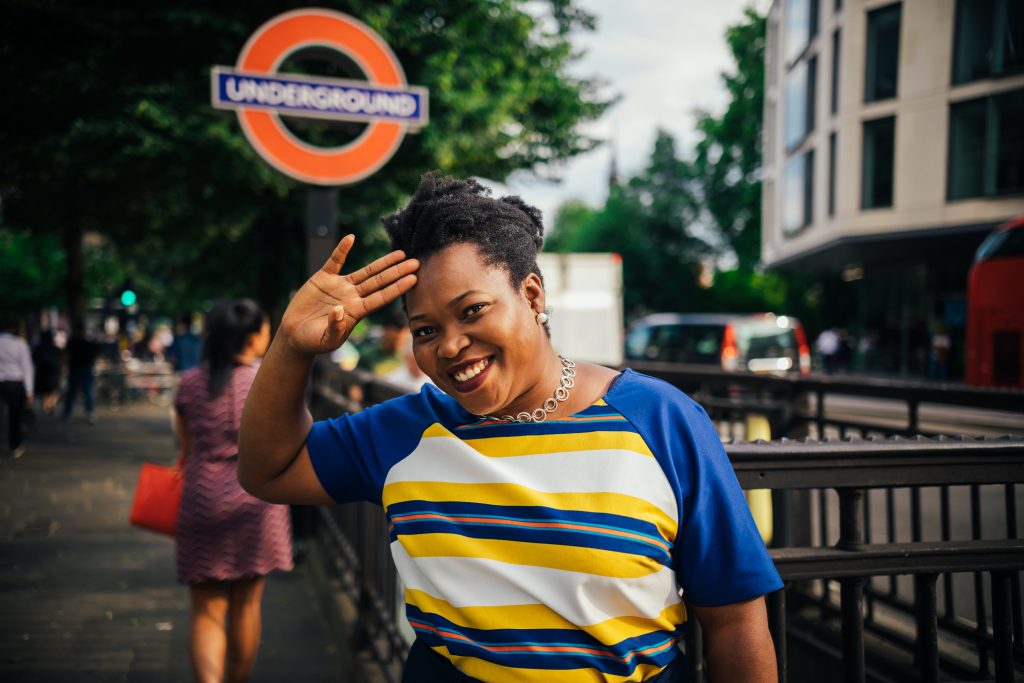
Enam, Newham
One of my colleagues left early one day for a governor meeting. I asked what that entailed and thought it was something I’d like to be involved with. So I applied straight away. It’s about giving back and getting engaged with your community – and with the kids. Without community you don’t have a society. I grew up in Ghana where everyone was active in the community. I had a child at 18 and my parents were supportive in a conservative society to allow me to stay in education and live my dreams. Governors are the people asking what they can do to make the community better. The more people that become governors, the better. Different people bring new ideas and perspectives. You’re then able to understand the school better. Education is critical to social mobility. We’d be in much better position as a country if everyone’s talents were developed. If you’re a governor, you can really contribute to that.
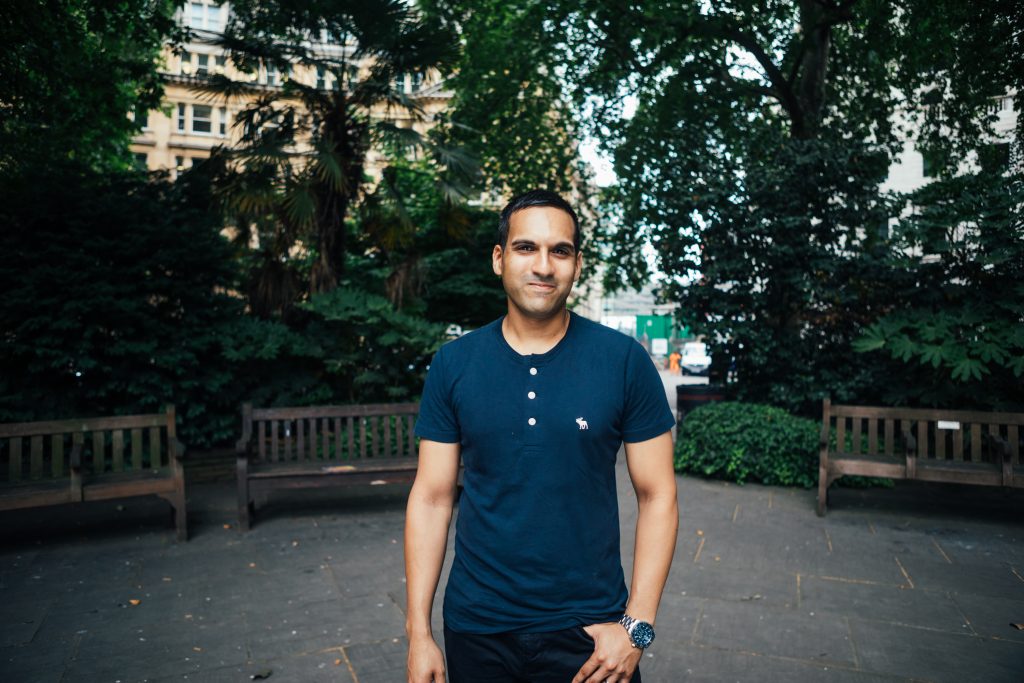
Atik, Mitcham
Contributing to my local community through school governance was something I felt moved to do. I’ve lived in South London for much of my life and now work as a lawyer in the city. Education was the foundation for my career, and it never really stops. I wanted to assist school governing boards meet their strategic objectives, influence decision-making and bring creativity to process. Ultimately, I’m motivated to help students aspire and fulfil their individual ambitions.

Philip, Birmingham
When I became a governor I realised how great a professional development opportunity it was. I’ve developed all these different skills and gained experience I wouldn’t have otherwise from my own role. It’s changed my life – I feel like I make a positive impact in my local community. My favourite part of the role is going into school and seeing the impact of things we’re doing. You can see how decisions we make are improving the students’ experience. It’s been really eye-opening. Making a strategic decision might not always feel like the right one. But when you see the way it’s having an impact, you understand the reasoning behind it.

Nadia, Newcastle
Most people can’t believe I’m an engineer. I’m one of three women in my office. We’ve battled through an education system that’s told us we’re female so we can’t be engineers. I became a governor because I wanted to make sure opportunities were there for everyone, no matter what their situation – especially when it comes to encouraging girls to take on STEM subjects. I do what I say what I’m going to do – and that’s important in my day job and in my role as a governor. Being pretty cut and dry means that when it comes to being a governor I’m prepared to challenge how things are done.
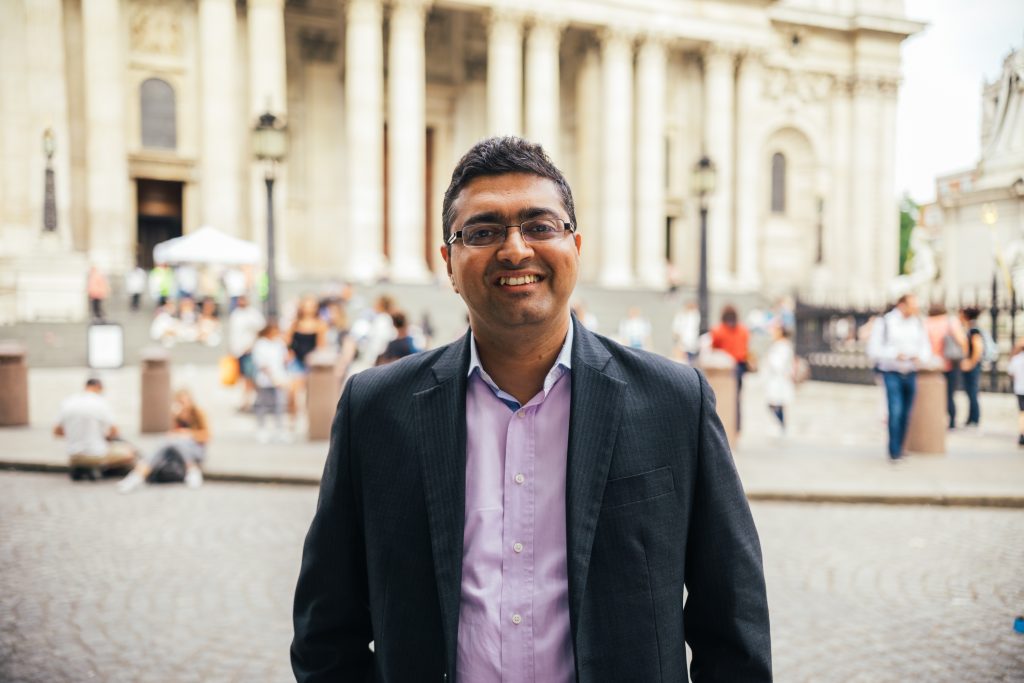
Piyush, Chelmsford
My previous company promoted school governance so I got involved that way. Shaping children’s futures is important for the community. Being a governor means helping the next generation. I’m from India, where education is key over everything else. It gives you the base to do anything in life. I’m an accountant and I’ve been in the banking industry for 15 years and I do a lot of project management. I feel like running a school is a project in itself, and it’s a new project every year. The school benefits from the business skills I bring. I’ve also benefitted – being a governor has taught me how schools work in the UK which makes me feel like part of the community.
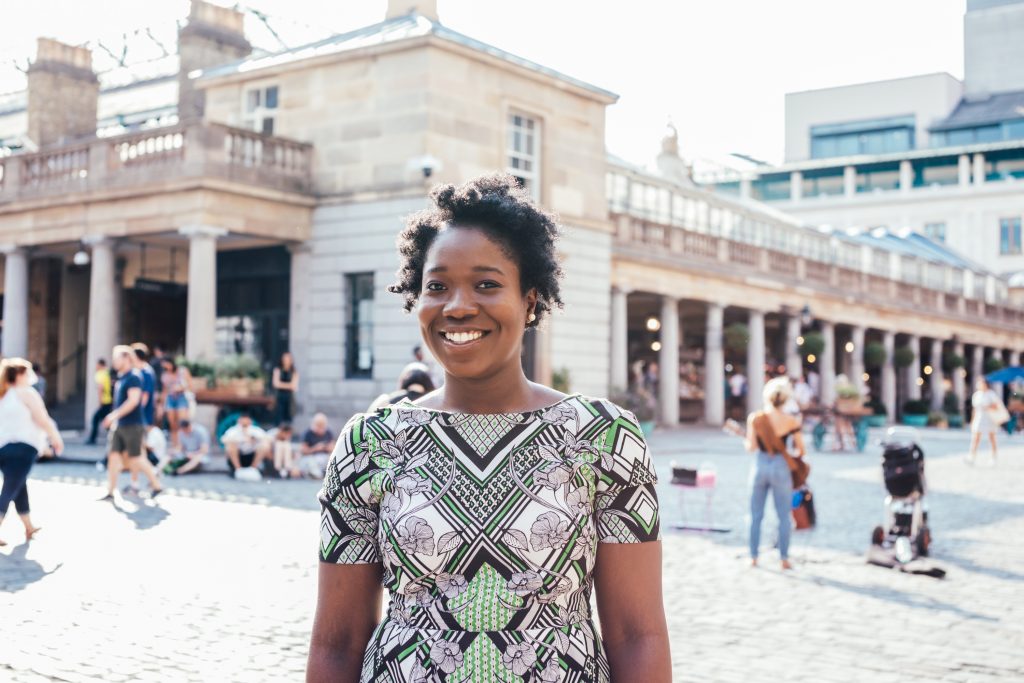
Cecilia, Haringey
I wanted to give back to my former local community. I grew up in Haringey and wanted to contribute to a school that’s making great progress and doing amazing things for children in the borough. It’s good for me too. Being a governor has sharpened my own professional skills like my attention to detail and my ability to understand financial data and make difficult decisions. Most people think I’m quite young to be a governor. But I’ve been able to provide a perspective as a young black woman on the board that has influenced decisions. I’ve made other governors aware of the specific challenges young people in Haringey face, in terms of their relationships not just with education, but within the local community too.
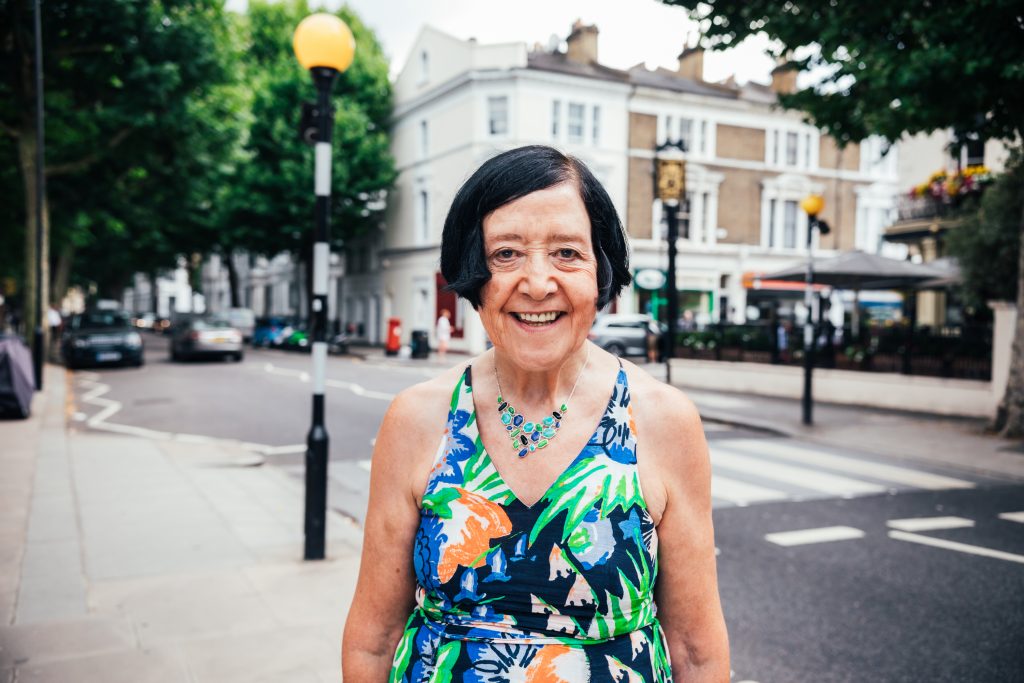
Isobel, London
If we don’t have a well-educated workforce and people who are skillful at learning different things, we’re not going to make a success as a country. I think the best thing about being a governor is the fact that you’re in touch with what’s happening in education. You’re interacting with very intelligent people on your board. And it doesn’t matter what age you are – everyone’s working for a common goal. It’s not the end of life when you give up your day job. You can have an immensely full and very rewarding time – volunteering.

Karen, Leeds
My daughter has complex needs. She’s taught me so much. I’m a specialist special needs teacher. I decided to become a governor to put what I’ve learnt into practice, helping other children. I grew up in South America then moved to Montserrat in the Caribbean. I settled in Leeds because it’s a diverse city. But children in my school hadn’t seen much diversity amongst the governors. I’ve shown them that there’s someone there to support them and understand where they’re coming from. Hopefully it’ll mean they’ll have a better education. I want to show young black and minority ethnic students that education can make you whatever you want to become.

Natalie, London
Before I became a governor I wasn’t too sure what the role was about. In my mind, governors were older with business or finance backgrounds. It wasn’t until I became a teacher that I found out governance was something I could do, and then I realised how many skills I had to offer that could be of benefit and have an impact on children. Becoming a governor has helped me in my day to day job – as a teacher, I don’t really get to see the strategic overview or the decisions made higher up. I don’t think that’s unique to teaching – I think in lots of jobs you don’t see the oversight of how decisions impact day to day work. I’ve learnt so much about financial planning and strategic thinking, and I’ve been involved in making some big decisions that I wouldn’t get to do otherwise.
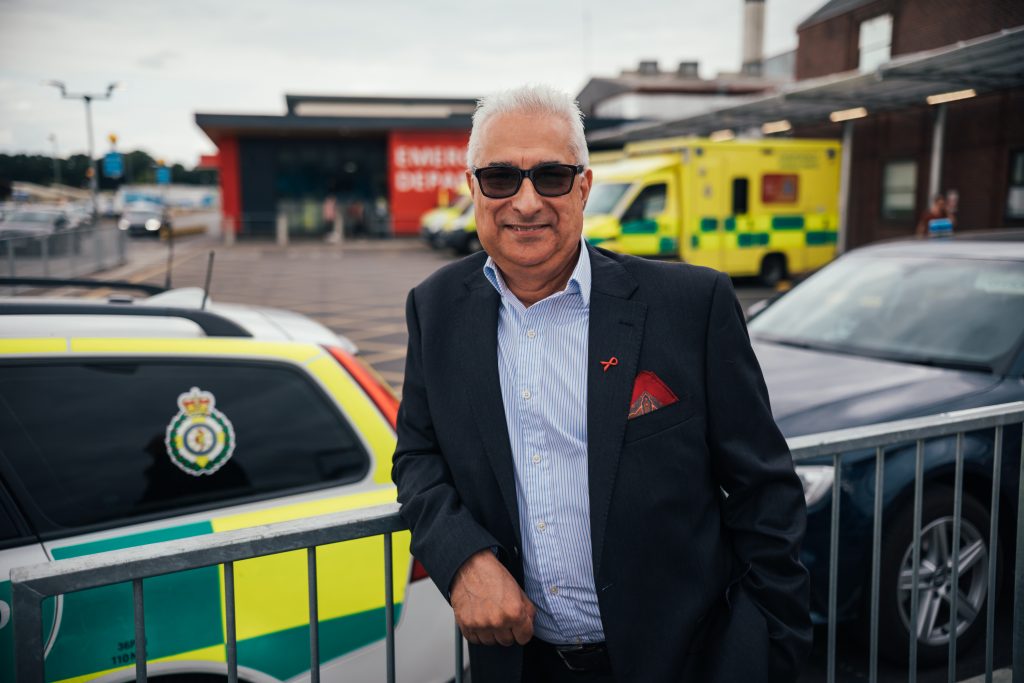
Pramod, Redhill
I’ve been involved in hospital radio since the 70’s. It wasn’t just about learning broadcasting. It was about learning how to communicate – how to make people happy. And that’s something I’ve taken into my role as a governor. The community is the fabric of any country. I said to myself that I must give whatever I can – it’ll never be enough, but whatever I can, to the community in this country. And the reason I became a governor locally was to make a difference to that school.
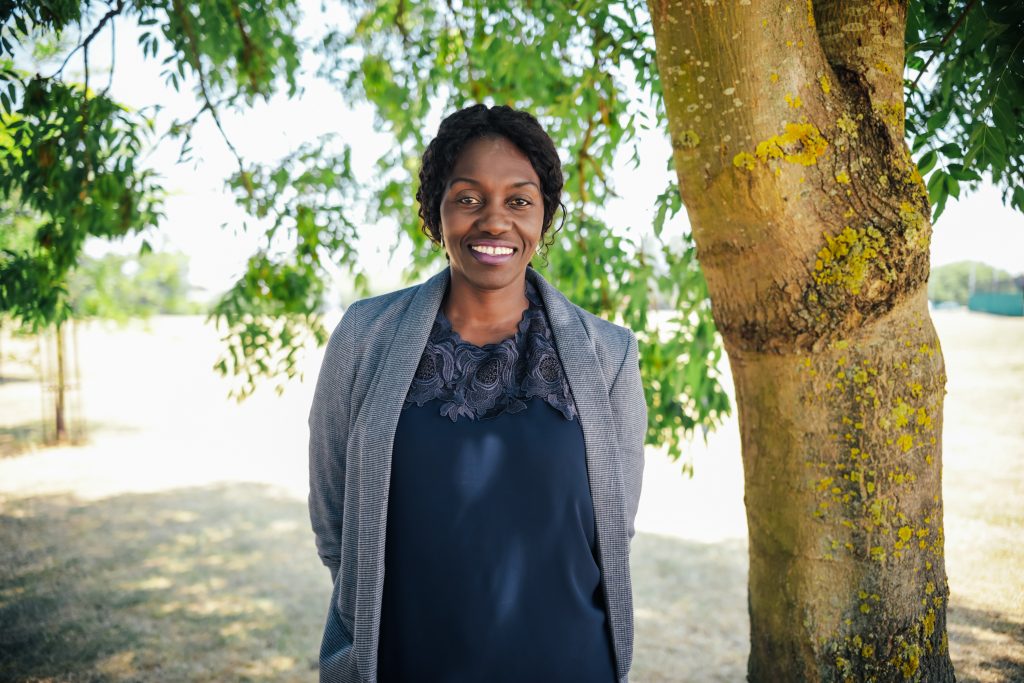
Teresa, Romford
When I was at school, I wasn’t sure what I wanted to do when I grew up. I didn’t have many role models that inspired me. There were big international figures like Nelson Mandela and Oprah, but none that I could relate to locally. Children and young adults need to be inspired early on in their lives. They need to see people from their backgrounds in all walks of life, and at all levels. I want to make sure young people are prepared for their futures after school. Having a strong careers offer and a good range of work-related activity is crucial in giving young people the chance to broaden their horizons. They can then make more informed decisions about their future. I’m pleased that things are changing now. One of the best parts of being a governor is meeting lots of talented and ambitious young people. You can learn so much by talking to them.

Jacob, London
I’m 23, so as someone who’s a lot closer in age to the students than some of the other people on my governing board, I bring a different perspective. I think about things differently to some of the older governors, and ask questions they might not have considered. You need people with different views on a governing board, so it’s a good balance.

Serena, London
I’m a lawyer at the Bank of England but I also have a pretty serious hobby as a grime/RnB singer. As a governor, I’m passionate about speaking to young people and breaking down stereotypes. Using my own career and background as an example, I want to show that it’s possible to have a successful career despite not conforming to the traditional image of a City professional. I’ve found this image can put some students off from pursuing professional jobs.

Sally, London
I became a governor when I moved to London. I started a new role that meant I was no longer based in a school and I missed the pupils and the school environment. Being a governor means I can still get involved, which really appealed to me. I work in education policy, which is useful to the role of governor. But I’ve realised that almost all knowledge and experience is helpful to bring to the governing board. Diversity of experience makes for strong governance. I think it’s even more important for people to become governors outside of London. Schools are crying out for governors. I used to work at a school in the North East so I know first-hand how critical good governance is. Everyone can be engaged in providing the best education for young people, no matter where you live.

Josh, Leeds
Often people look at me and they see my age and they might be a little bit judgemental about my inexperience. But I actually think that’s what governing bodies need. They need a diverse group with various talents. They need people with different backgrounds to have effective debate. I’ve found that the more diverse the governing body, the better conversations and arguments that take place. Ultimately that means better outcomes for the children, which is what really matters. I work in marketing so I bring skills around communication, which is often a massive problem in schools. I enjoy making the difficult decisions because they actually matter. Making them doesn’t just impact the children, but their parents too and the wider community.
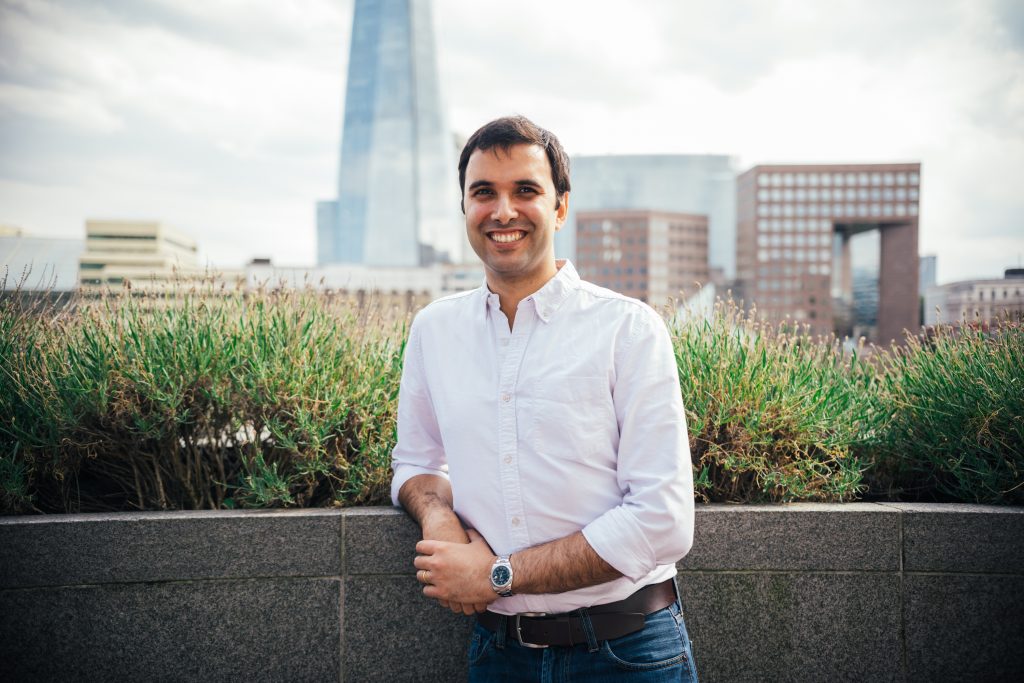
Cyrus, London
Even though I left teaching a few years ago, I knew I wanted to stay involved in education. I want to engage people with the issues surrounding educational inequality and social mobility. That’s a big part of the reason why I became a governor. It’s fun, interesting – in terms of the work you do – and rewarding. My favourite part of the role is going into schools and meeting the kids. With every difficult decision you make, you know you’re affecting real people, and helping make positive change.
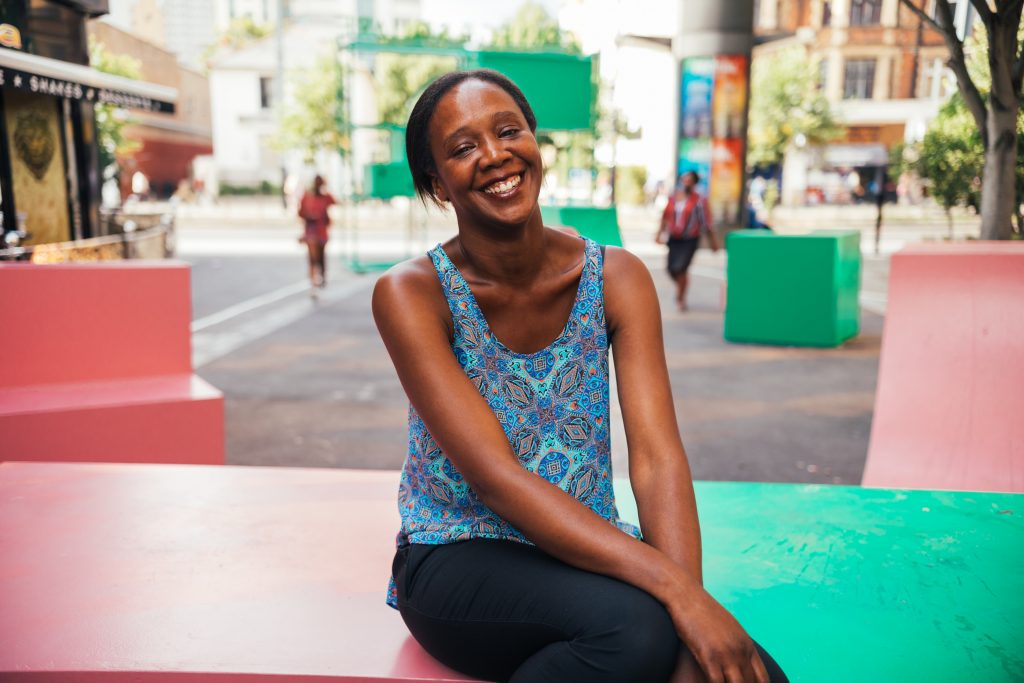
Tanya, Croydon
When I tell people I’m a school governor, they ask whether I feel like I make a difference. And I say yes, I do. The best thing about being a governor is that I actually get a say. And my say is listened to, it’s noted, and that’s refreshing. I come home after a meeting and tell my children what I said, and how my points could translate into actions. My advice would be don’t think about becoming a governor for too long. Just make the application. I thought about it for over a year, then when I finally did get round to applying I heard back straight away that a primary school was looking for someone like me.
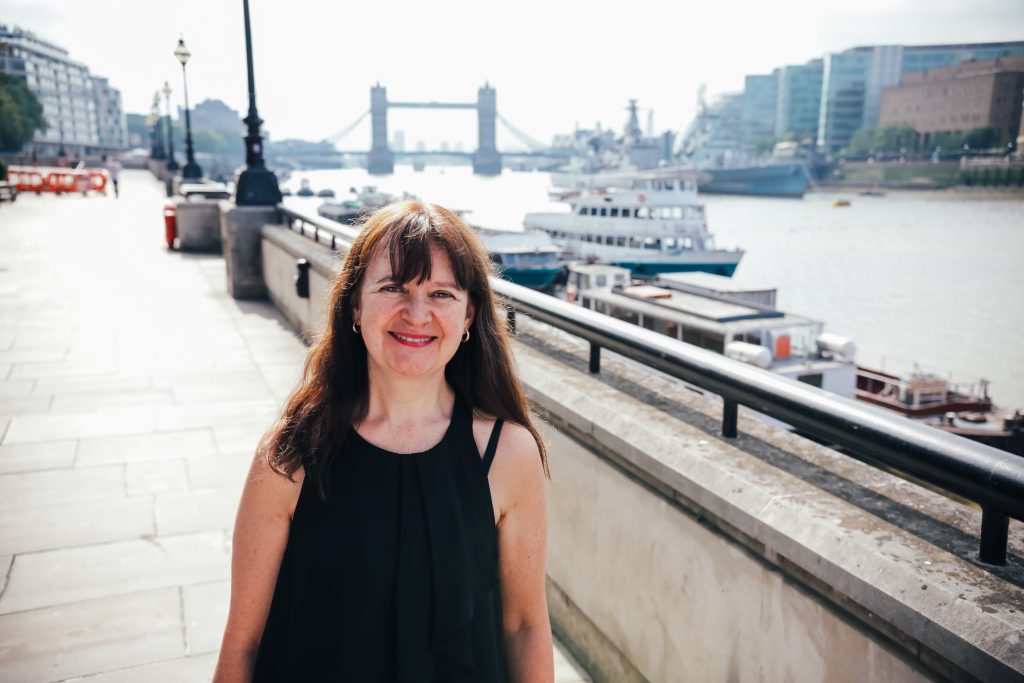
Lora, Bromley
Everybody’s lives have been touched by education at some point. Although I never went to university, I believe education is the foundation of our lives and schools play a huge part in exposing kids to the many different life paths out there. It’s not just about university. It’s about developing life skills, being employable, and thinking about other options, like apprenticeships. If you’re interested in education, if you want to support children, if you want to give something back, become a governor. I wanted to get involved in my community, but I needed whatever I did to fit around my life and work. I’ve got kids and the role of a governor fitted well with my other commitments. But, equally, you don’t need to be a parent to be a governor. I wanted to be involved with education – so supporting schools to me seems like a brilliant thing to do. You’re helping schools shape our future citizens.

Sam, Warsop
I worry that the next generation in the area have a belief that there’s nothing to be proud of around them, and nothing to work towards. A lot of people here are in their third generation of unemployment now and it’s not going to get any better without an actual plan for the children growing up. Lots of the young people see this place as somewhere to get through their teenage years and then move on, but that’s the biggest tragedy of it all. If we lose people with ambition, with ideas, with creativity, we lose any hope of this place moving forward. The more I’ve moved forward in my career, the more I’ve figured that I owe it to people who gave me opportunities, who wanted to make me realise that there’s more than allowing fate to take over, to give back. I hope that by seeing someone who isn’t that much older than them showing pride in the local area, the children are motivated to see their community as something they can take ownership and be proud of.

Jessica, Manchester
Manchester’s got some challenging environments, but what I see from my experience of being a school governor is how resilient and motivated the kids are. They might have come from difficult backgrounds but they’ve got masses of aspiration and ideas and get up and go. A lot of the young people I meet don’t have the natural networks many children of professionals do – they have to make their own. Businesses have a role to play in helping them access ideas, opportunities and jobs. I think we have an obligation to the communities we live and work in to provide that. I was at a point in my life and my career where I was doing well and I wanted to give something practical back to the community that I was part of. I lived next to a secondary school that needed school governors with connections to the city and it felt like a good way to support young people.